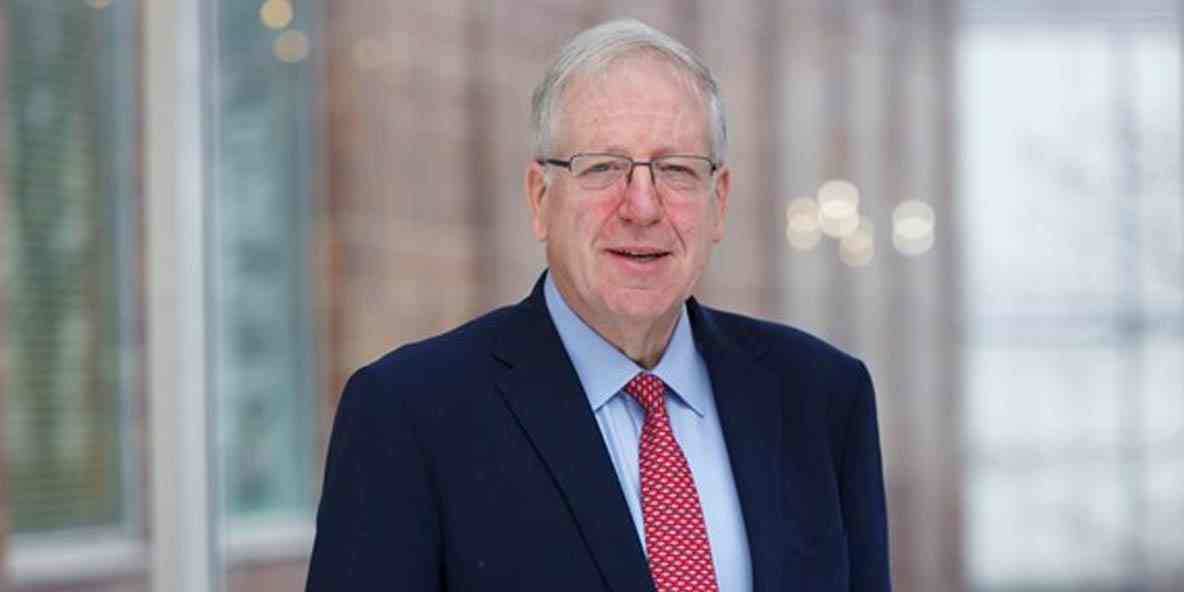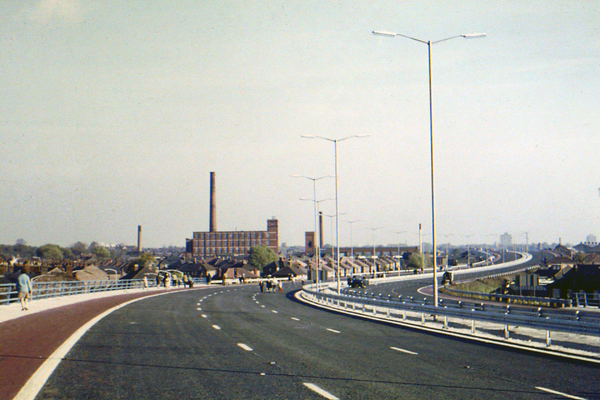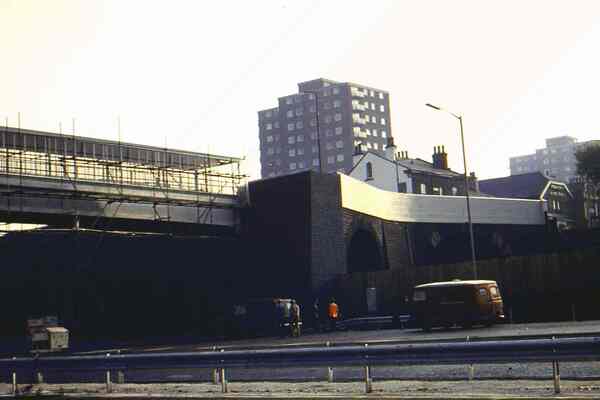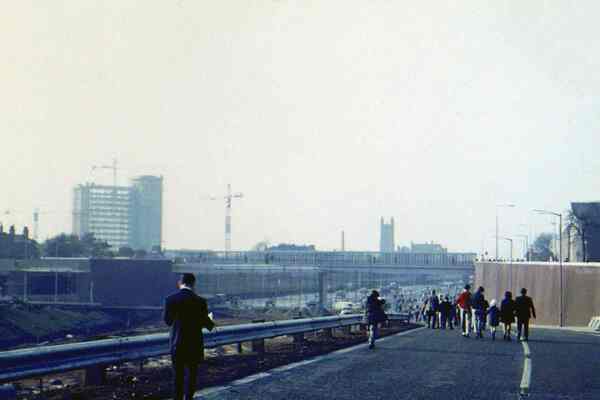
The dream of a high speed rail link between Manchester and London is over as the Prime Minster ended days of speculation by wielding the axe on the ill-fated project before it had barely had time to get off the ground.
During his speech at the Conservative Party Conference held in Manchester, Rishi Sunak told the packed conference hall:
“I say to those who backed the project in the first place, that the facts have changed and the right thing to do when the facts change is to have the courage to change direction.
“So I am ending this long-running saga. I am cancelling the rest of the HS2 project and in its place, we will reinvest every single penny, £36 billion in hundreds of new transport projects in the north and the midlands, across the country.
“This means £36 billion of investment in the project that will make a real difference across our nation.”
Meanwhile, Greater Manchester Mayor, Andy Burnham, said:
"This is not a coherent plan.
"We were entitled to better than what we have had.
"This city region was entitled to more respect than it was given."
The Mayor said that the current proposal does not deliver 'Powerhouse Rail' to Leeds which is a problem considering the biggest hurdle to transport in the North West is the bottlenecked Transpennine route.

Responding to the government's decision today to scrap HS2 to the North, Lord McLoughlin, Chair of Transport for the North, said:
"The cancelling of the northern leg of HS2 is naturally disappointing. It's undeniable that this will be seen by many as a missed opportunity for the region, and the country as a whole. Only last week, northern business and political leaders came together at our TfN Board to speak with 'one voice' to reaffirm our position that HS2 and NPR in full are vital to truly transform the North.
"The announcement of investment in the region is obviously welcome. And we will look to work with government to fully understand the implications for the North of the proposals set out today in the Prime Minister's speech, and consult with our Board on the best way forward in light of this new change of policy. There are still quite a few areas that require further clarification from the Department for Transport, which we will be seeking from them."
University of Salford Business School’s Dr Zeeshan Syed, Lecturer in Finance, shares his thoughts on PM’s decision to scrap the northern leg of Britain's High Speed 2 (HS2) high-speed rail project.
"In decision-making, timely action is preferable to delay. Politicians, like Rishi Sunak with his decision on HS2, would benefit from proactive decisions rather than facing repercussions later.
"The ongoing debate around HS2 highlights differing perspectives on the prioritisation of megaprojects. Some question the project's utility, given changing work and transport trends:
• With emerging remote work trends, will the majority choose to work from home or at an office in the future?
• When considering leisure travel, will there be a preference for public transport or private vehicles?
"Why might one endorse a project that may not align with primary preferences? It's suggested that political considerations might influence such decisions. As observers, it's essential to rationally assess the merits and drawbacks.
"Regarding megaprojects like HS2, let's evaluate the underlying arguments.
"Their Economics is not right: Initially estimated at £37.5 bn (2009 prices), the project's cost rose to £78.4 bn by 2015 (as reviewed by Allan Cook) and is estimated at £110bn in 2019 (as reviewed by Lord Berkeley). These figures have not been adjusted for inflation, implying the increases result from cost overruns and operational inefficiencies. Notably, there were projections for HS2 to realise efficiency gains between 2015 and 2017. Given the current inflation rates and expectations of prolonged high interest rates, the financial implications warrant thorough examination.
"A reassessment of the prevailing concept of connectivity is warranted. Contemporary infrastructure could be envisioned as 'corridors' that incorporate enhanced train systems, augmented frequency and the integration of digital infrastructure, aligning with the reduced necessity for work-related travel.
"Furthermore, as highlighted by Lord Berkeley, regional transport predominantly relies on public conveyance. The established cross-country network, exemplified by the roughly 2-hour train journey between Manchester and London, underscores the system's efficiency. In light of this, the decision to forego the northern extension of HS2 appears justified, and a reconsideration of HS2 phase 1 might also be apt. However, transparent communication is essential, outlining alternative strategies such as the 'levelling up corridor' which emphasises digital infrastructure, enhanced railway lines, and punctual, modern trains."







Recommended Comments
There are no comments to display.
Create an account or sign in to comment
You need to be a member in order to leave a comment
Create an account
Sign up for a new account in our community. It's easy!
Register a new accountSign in
Already have an account? Sign in here.
Sign In Now